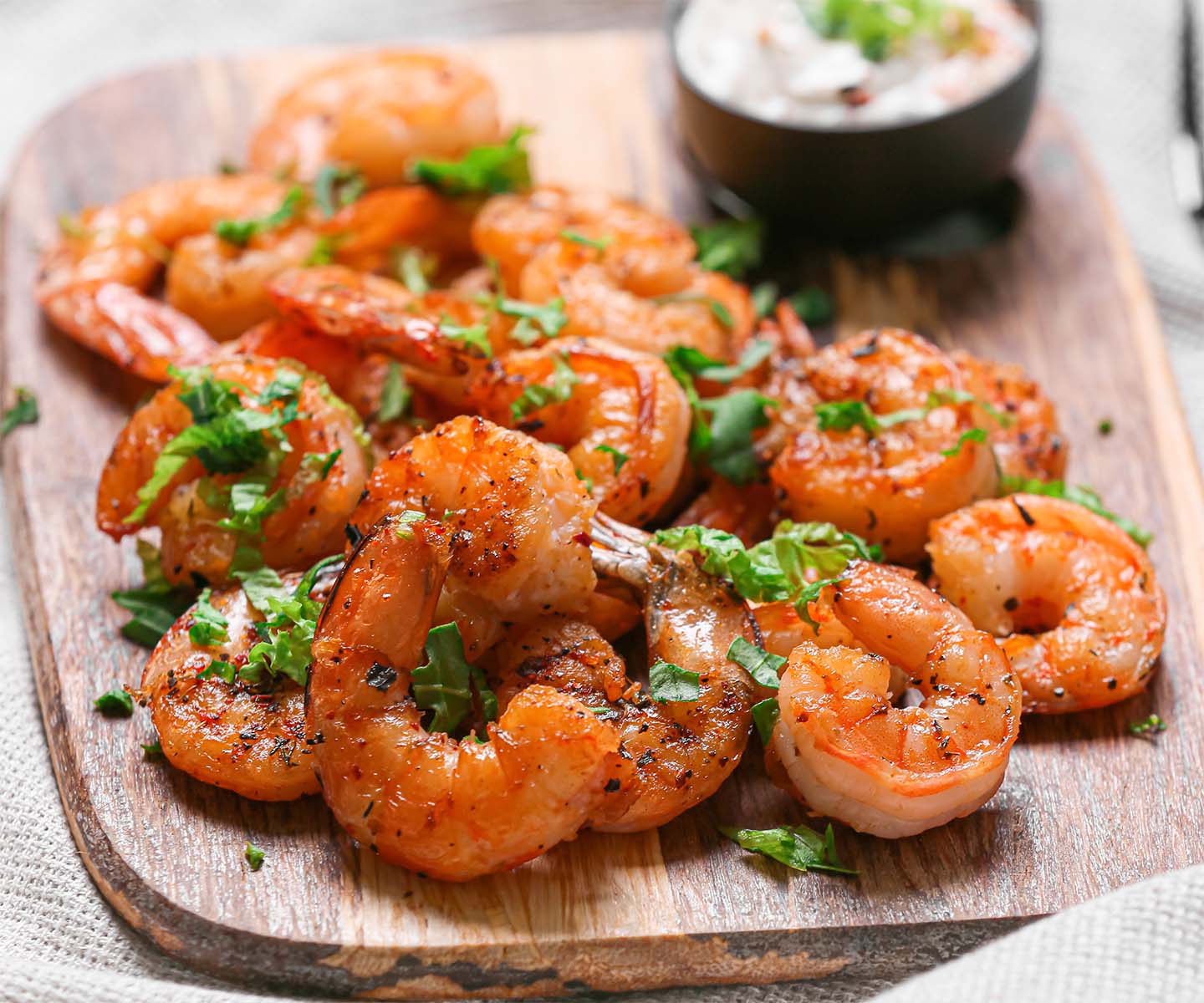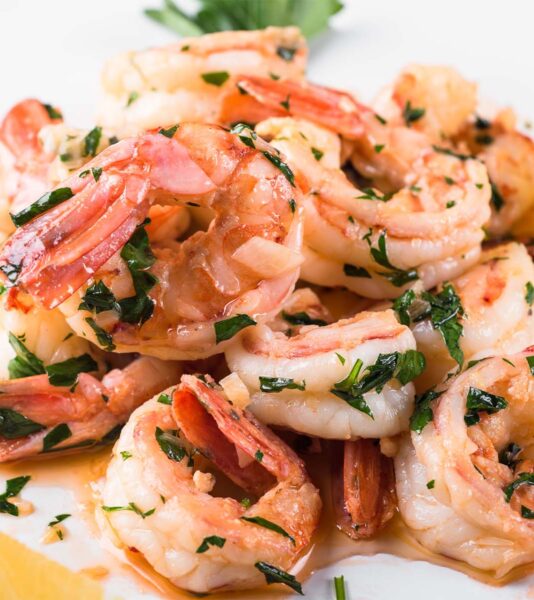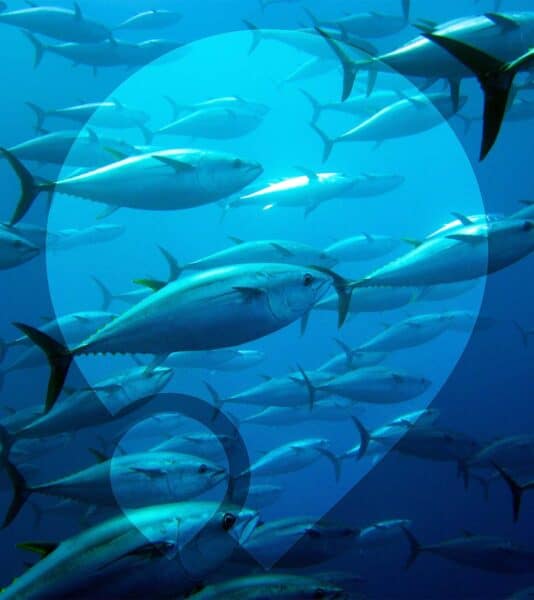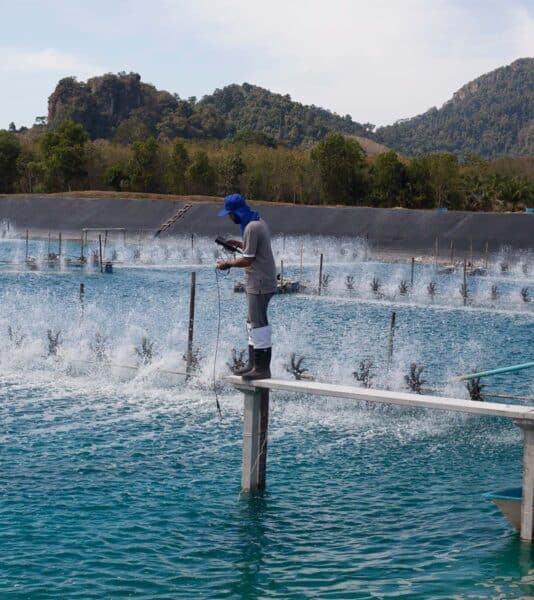Personal wellness and environmental responsibility are converging in a growing movement towards sustainable diets. While supporting our well-being today, sustainable diets help to build “a successful food future,” explains Harvard T.H. Chan School of Public Health.
The idea of “sustainability” has many meanings among consumers. Some people think about protecting ecosystems and ensuring the well-being of earth’s diverse species. Some people think about the impact of food production on the well-being of individuals and communities involved. Many think about safeguarding our resources so we can continue producing food to nourish our global population into the future. All of these values factor into the holistic concept of sustainable diets.
Sustainable diets: a holistic approach
The Food and Agriculture Organization of the United Nations (FAO) recognizes that the food we produce and consume has far-reaching effects. It defines a sustainable diets as “those diets with low environmental impacts which contribute to food and nutrition security and to healthy life for present and future generations. Sustainable diets are protective and respectful of biodiversity and ecosystems, culturally acceptable, accessible, economically fair and affordable; nutritionally adequate, safe and healthy; while optimizing natural and human resources.”
Food systems
When we look at the impact of food production on the environment, we see that food systems contribute a significant share of greenhouse gas emissions, estimated at 20-35 %, according to the FAO. Deforestation and loss of biodiversity threaten our future as a result of producing more food globally, they explain.
An international organization called the EAT-Lancet Commission convenes scientists and policy experts to forge models that can achieve what they call “food system transformation”. They note that the current level of greenhouse gas emissions from food systems is globally unsustainable into the future.
Consumer sentiment
The ideas around sustainable eating are resonating with consumers. Nielsen IQ reports that for many people in North America, the concept of “wellness” has extended into a concept of what’s good for the planet (not just for me).
More than half of consumers (57%) say their concern about climate change affects what foods and beverages they purchase, according to the International Food Information Council (Food Insight, Oct. 16, 2023). About 6 in 10 consumers say they have changed their purchasing habits accordingly.
Blue foods
Where does seafood fit in? Many experts use the term “blue foods” to describe seafood, aquatic plants, and algae that are caught or grown in fresh waters and oceans. “Blue foods and the waters in which they grow have an essential role to play in the shift towards healthy, equitable and sustainable food systems,” say EAT experts.
Looking at the role of seafood in sustainable diets, scientists at Dalhousie University in Nova Scotia concluded that sustainable seafood has the potential to help meet the nutritional needs of populations across the globe. It could “provide more nutrition to people than beef, pork, and chicken, while reducing greenhouse gas emissions,” they suggest.
Lower carbon shrimp
Our food choices and the entire food systems shape sustainable diets. Chicken of the Sea Frozen Foods’ parent company, Thai Union, along with its partners, have spearheaded a Shrimp Decarbonization initiative to produce lower-carbon shrimp across one of these food systems and supply chains.
A transformative model for cultivation of shrimp targets multifaceted aspects of greenhouse gas emissions, in line with Thai Union’s SeaChange® goal of reducing emissions by 42% by 2030 and reaching net zero by 2050. In a holistic approach, the initiative targets energy usage on farms and has prioritized renewable energy sources. It also targets feed and feed sources, prioritizing a shift to 100% certified, deforestation and conversion free (DCFS) soy.
Securing our food future
A sustainable diet promotes a healthy diet for global citizens now—and into the future. It is clear that individuals, food producers, and policymakers all play crucial roles.
Responsibly sourced seafood can play an important part in sustainable diets. Food retailers and foodservice organizations can support consumers by offering food from producers who are working towards a sustainable future—and providing transparency to inform choices.
To learn more about Thai Union’s sustainability strategy, visit the SeaChange® 2030 website.








